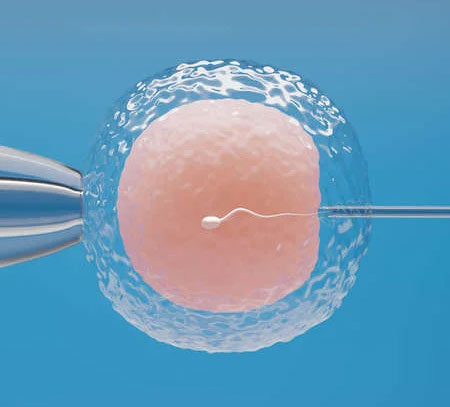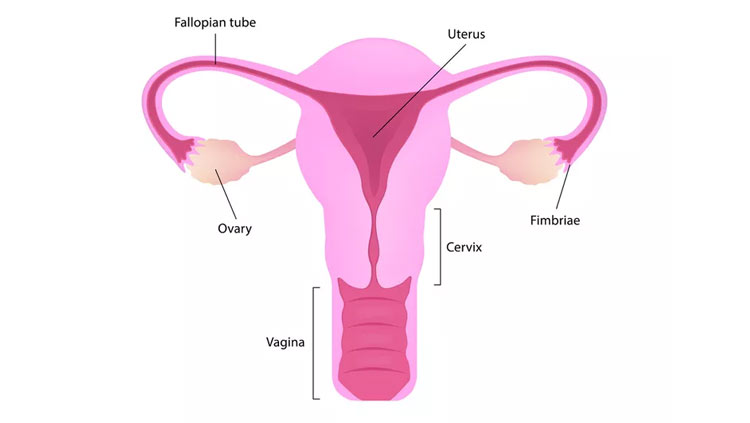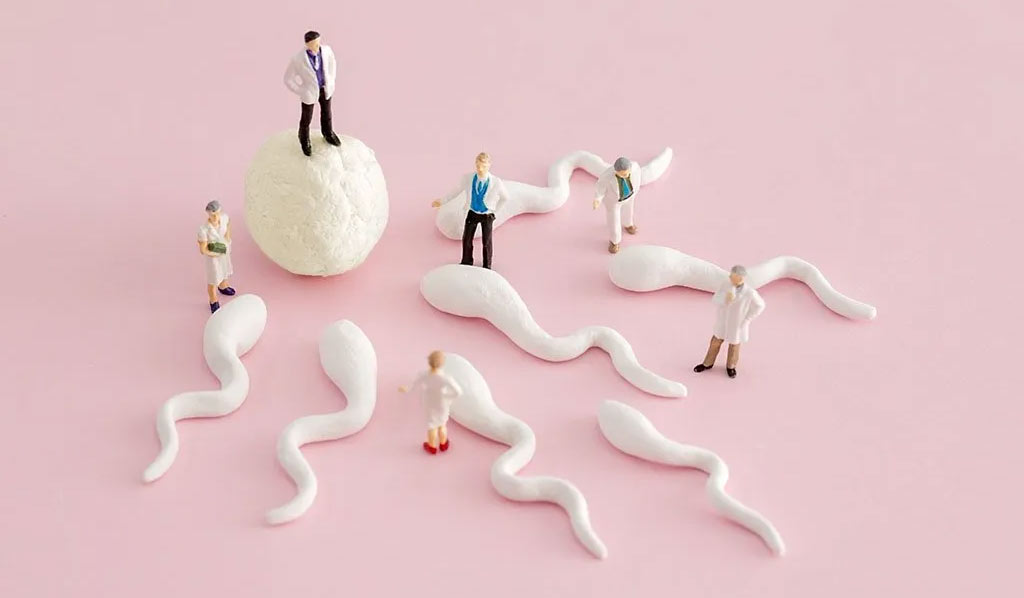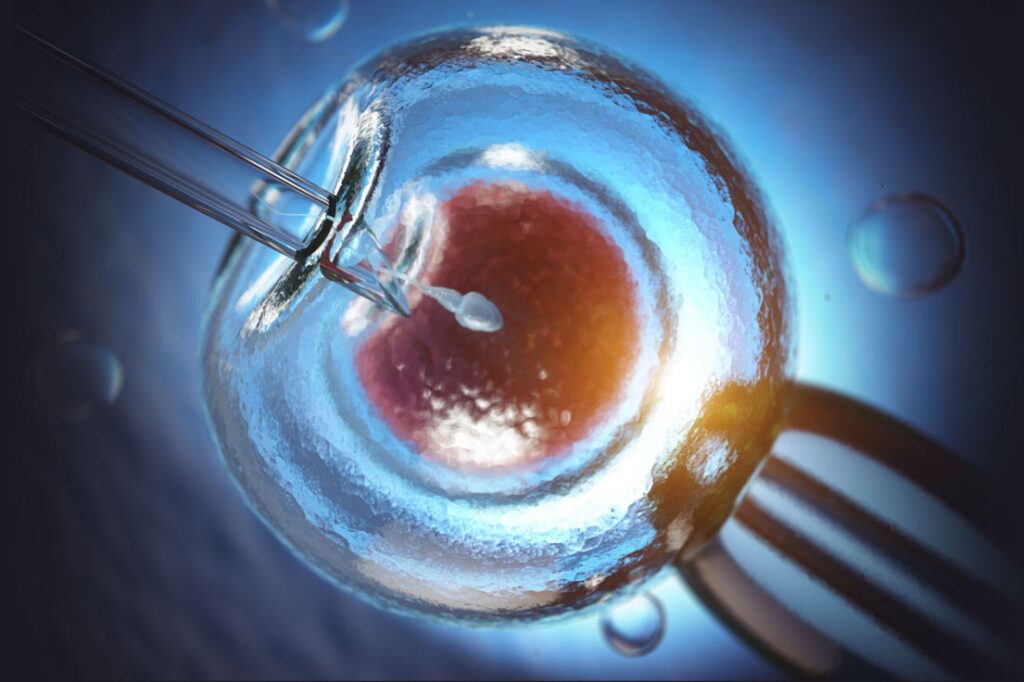- Find a Surrogate
- Be a Surrogate
- Find an Egg Donor
- Be an egg donor
- Resources
- Summary of egg donation laws by state
- Summary of surrogacy Laws by State
- Surrogacy Laws by State – Comprehensive Guide
- Egg Donor Laws by State- Comprehensive Guide
- Legal Support Options
- Insurance Coverage
- Financing
- Escrow accounts for surrogacy & Egg Donation
- Psychological assistance
- Useful International Adoption & ART/Immigration Links
- Useful LGBT Links
- International Parents
- States in which we provide surrogacy & egg donor services.
- About Us
- Clinics
- FAQ’S
- Media





